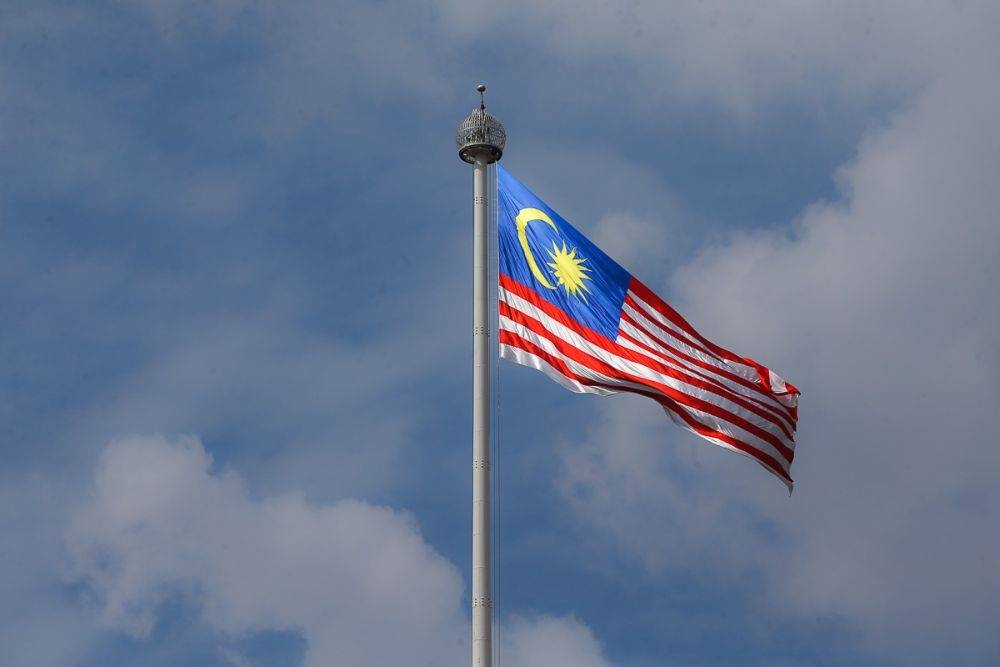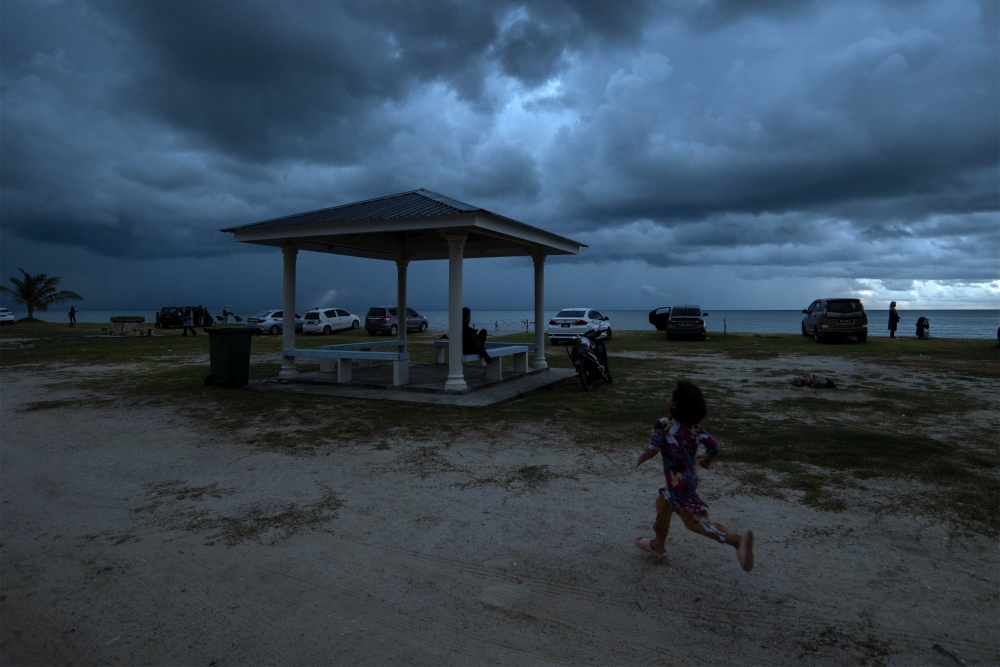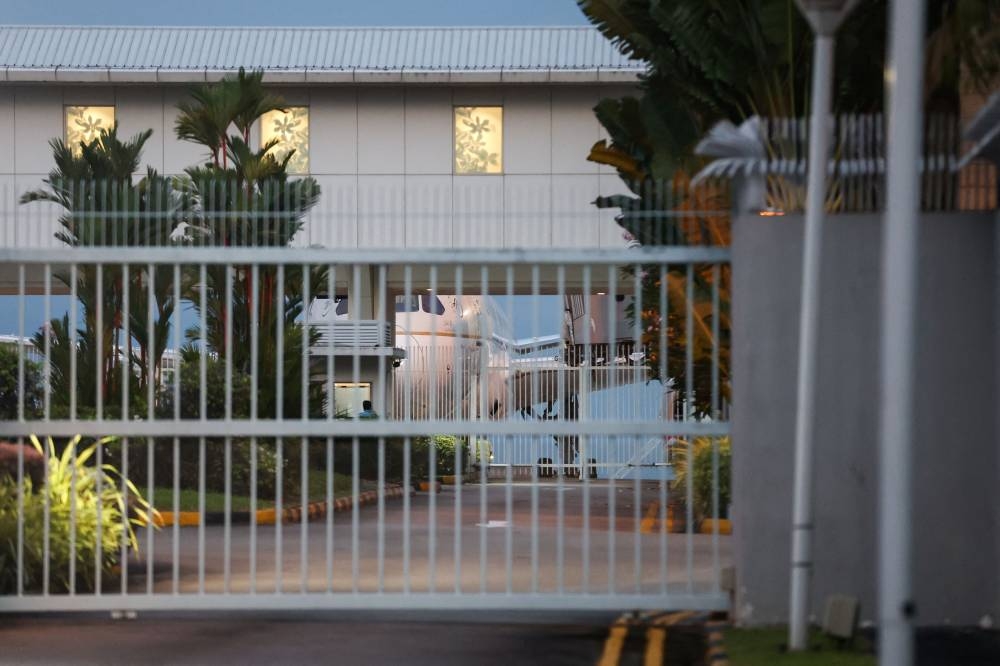AUGUST 14 — Unbeknownst to most people, arguably the most fascinating legal case in the history of our region is currently playing out in European courts.
In February this year, a French court of arbitration held that the Malaysian government owed the descendants of the last Sultan of Sulu US$14.9 billion (RM66.22 billion).
Why this colossal figure? Sulu isn’t even in Malaysia, it’s in the Philippines.
However, the Sultanate of Sulu at a point in the 19th century controlled significant territory in North Borneo.
Various colonial companies, the British Empire, Malaya and modern Malaysia have all controlled the area in the years since the 18th century and the Sultanate of Sulu has not exerted any real influence in the region for well over a century.
The Sultanate of Sulu itself ceased to exist as the Philippines unified almost a century ago. However, following a negotiation with the Philippines in the 1960s the Malaysian government continued to pay the heirs of the sultanate around US$1,000 annually until 2012.
However, in 2013 descendants of the Sultanate of Sulu led an incursion into Sabah and tried to claim some of the region’s territory.
The Malaysian authorities deployed the military in response and over 50 people were killed
After this incident, Malaysia ceased paying the annual sum.
When the payments ceased, descendants of the sultanate launched cases in French and Spanish courts claiming not only the annual payment but a portion of the oil revenues generated from the territory.

It was determined that US$14.9 billion was owed to the heir.
The sum is equivalent to five per cent of the country’s GDP and is more than the Malaysian government spends annually on education or healthcare.
An enormous sum awarded to the descendants of a non-existent sultanate that last ruled the area in the 1870s. In fact the heirs of the sultan had long been living middle-class lives in the Philippines but this trial has put them back in the international spotlight.
While the Malaysian government has refused to recognise the ruling and did not participate in the arbitration proceedings, the courts are now moving on Malaysian assets overseas.
What seemed like a far-fetched legal play, something out of a movie, has become a major threat to Malaysian assets.
Of course it isn’t really a David vs Goliath tale — of a little family from the Philippines taking on the Malaysian government. The reality is that seeing the potential claim, major Western law firms began to back the action suspecting they could receive a substantial settlement.
The reality is in many ways the Malaysian government is being bullied by Western courts and Western law firms. The heirs of the sultanate’s US$20 million legal case is being bankrolled by powerful funds that think that in the best case, they will get a massive share of US$15 billion and in the worst case, the Malaysian government will settle for a few hundred million dollars... still yielding healthy profits.
Still the Malaysian government could have done better defending itself. Defense has been inconsistent at best, leaving Malaysia open to damaging verdicts.
Now the government has to spend millions defending overseas assets and hiring law firms.
As ever, the real victims are the people of Malaysia; resources are wasted, and money under threat. Money that could be used for the development of their region and country.
Meanwhile, legally, the case blows open some extraordinary precedents: can descendants of ruling families, clans and tribes all over the world take action against colonial powers and seek damages using present values?
Surely there are tribes and rulers who can make a pretty good claim on gold and jewels that now sit in British and French museums and banks.
How many ancient pieces of paper and leases were never honoured?
This case means we may soon find out.
* This is the personal opinion of the columnist.
** Editor's note: An earlier version of this article contained an error which has since been rectified.






















